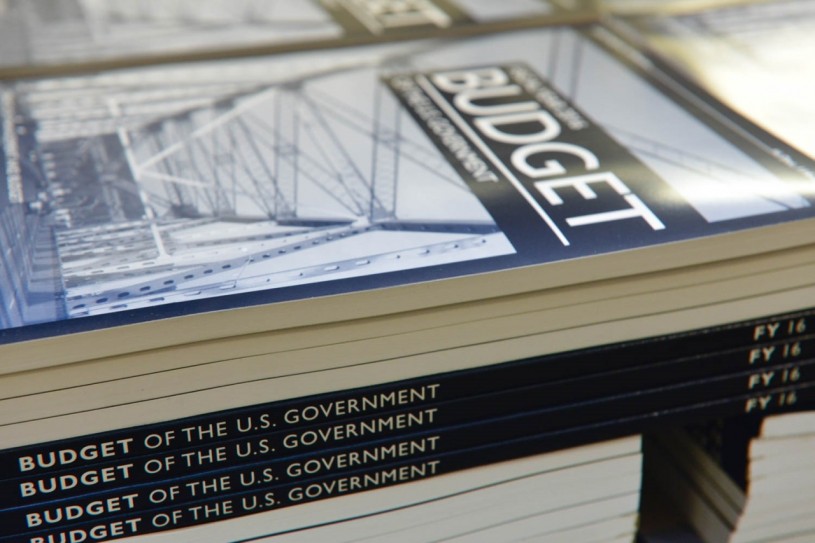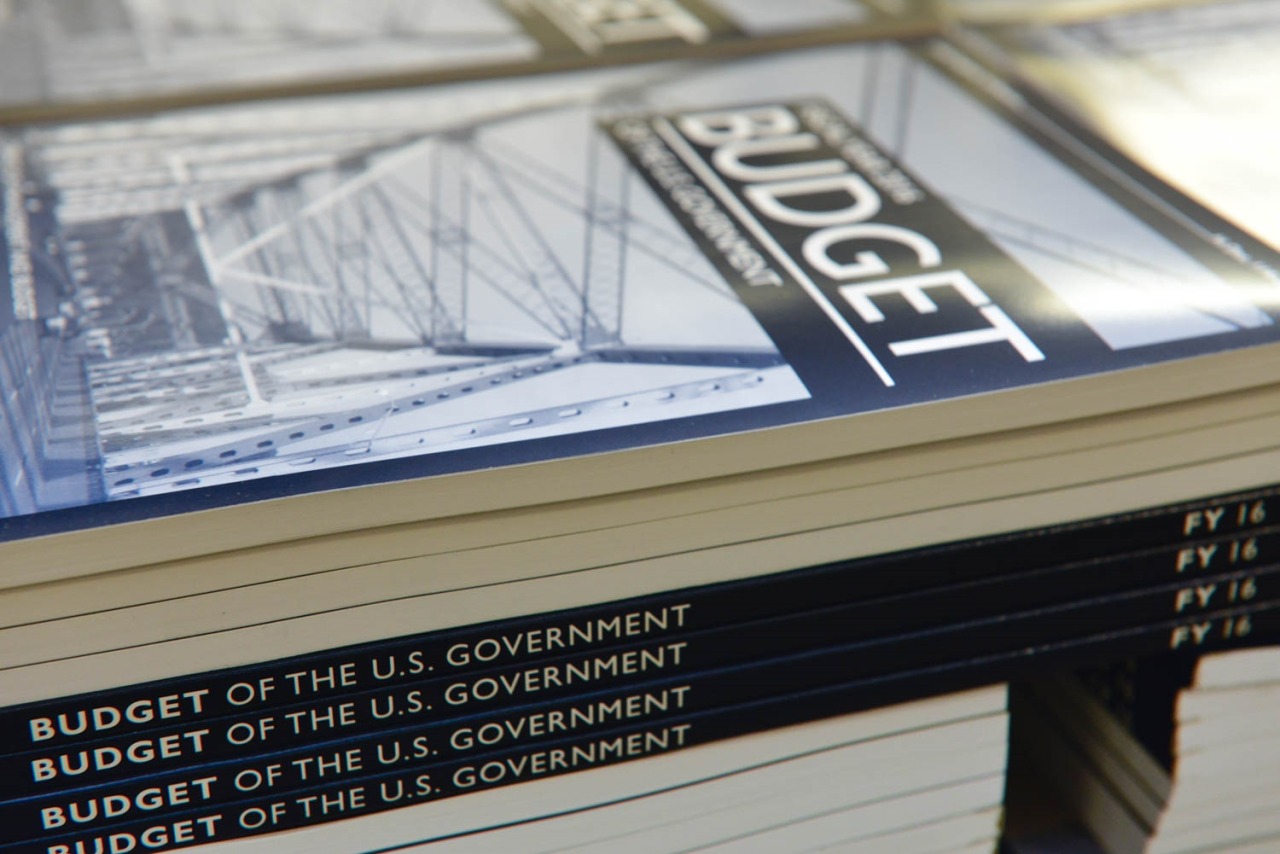
(Photo: White House)
What do you need to know about the 2016 budget plan President Obama released this week? Mostly that it benefits ordinary Americans and pays for it by taxing the rich.
It’s a long wish list (150-pages) but here are a few highlights:
- This is a $4 trillion budget plan packed with all sorts of things for middle-class and poor families.
- One of the big items on the wish list is a $478 billion public works infrastructure program for roads, bridges, and transit.
- Working families are a big winner as it calls for increased spending on paid leave, universal preschool, and public education.
- Another boon for families: new tax credit for working spouses and tripling of maximum child care tax credit.
If working families are the big winners here, who are the losers? The rich. Big banks. Corporations (especially when they hoard profits overseas).
Here are a few ways the rich would pay for this budget:
- Tax increases for the wealthiest (estate tax & capital gains taxes)
- Fees on big banks that are overly risky.
- Mandatory taxes on corporate profits held overseas (but as David Dayen, Americans for Tax Fairness, Campaign for America’s Future, and others have pointed out, this part of the proposal should be much stronger to eliminate all favorable tax treatment for offshoring).
Obama’s plan is a populist political agenda very much aligned with his recent State of the Union speech. It’s ambitious and bold and will leave many Republicans scrambling to explain why they don’t support it.
The plan is more than just a symbolic wish list. It’s a way to define and shape the debate. Aiming so clearly to lift up working families, reduce income inequality, and pay for it by taxing the rich, this agenda comes at a time when most Americans think a little wealth redistribution sounds great. Of course, Republicans have already come out strongly against it. But the Obama administration just may be betting correctly that the people will be on the President’s side.
